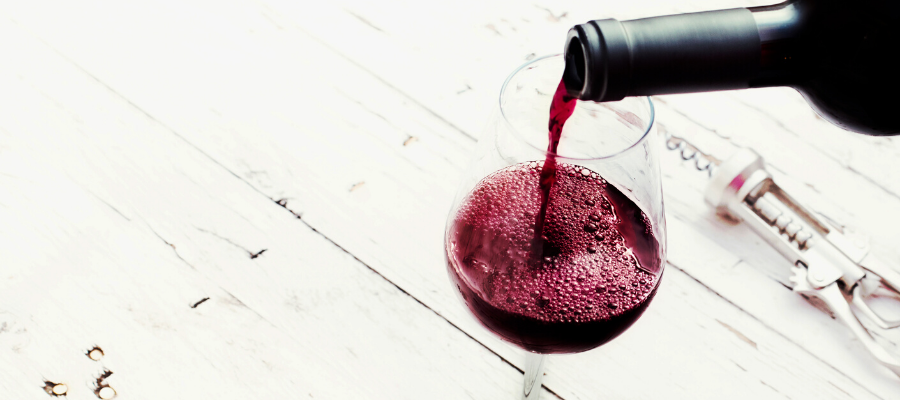What is Beauty?
Mar 15, 2005Are there objective standards of beauty? Or is beauty in the eye of the beholder? Must art be beautiful to be great art?

The discriminating wine palate: bouquet, nose, great vintages, genius vintners. Are these just myths perpetrated by winemakers and taken up by snobs with too much money to spend? John and Ken raise a philosophical glass with Barry Smith from the University of London, editor of Questions of Taste: The Philosophy of Wine.
With only a cursory glance at the topic for this week’s show, you might be surprised to notice that John and Ken even had an hour’s worth of radio-worthy material to discuss. However, only a moment more in the company of our hosts is needed for it to become apparent just how expansive and incisive the domain of the philosophical is. Considerations of wine open the door for Ken and John to ask questions about the secondary qualities of wine and whether taste is an attribute of the wine or the drinker. They consider how the act of drinking wine might actually differ experientially for a wine connoisseur and a layman, and whether the qualities we assign to a wine denote objective facts or subjective judgments.
The guest Barry Smith enters into the foray and argues that although the taste of a wine and the qualities we assign it are a personal experience, it verily reveals something about the external world. Like our other senses, taste provides us with knowledge about objective facts of that which we taste. In response to a question from John concerning a hypothetical bottle of Chateau Lafite Rothschild falling in the woods with no one around to drink it, Barry is confident that it nonetheless possesses the same qualities of taste.
Barry then brings the group to consider what happens when a knowledgeable person “drinks analytically.” He argues that in comparison to a person who hasn’t developed a sense for assessing the qualities of a wine, his/her experience is actually different. They both might drink the same wine, but only the expert breaks down his experience into its numerous components. Someone who learns to do this changes how he appreciates an experience, which actually gives him new experiences of the wine. After assessing the qualities however, there is still a point at which a judgment is made regarding the qualities which determines whether a wine is found to be enjoyable. Ken questions these ideas, and wants to know what is going on when experts disagree on the quality of a wine, and what might be gleaned from blind tasting. Furthermore, the importance of the particular history of a wine and whether that actually effects the aesthetic qualities it possesses is a point of contention among our hosts and guest. There is a lot to be said about how a wine interacts with the many senses invoked while tasting, the expectations associated with a wine, how the history relates to what we actually perceive, and the conversation during this episode leaves the reader with a great deal to ponder.